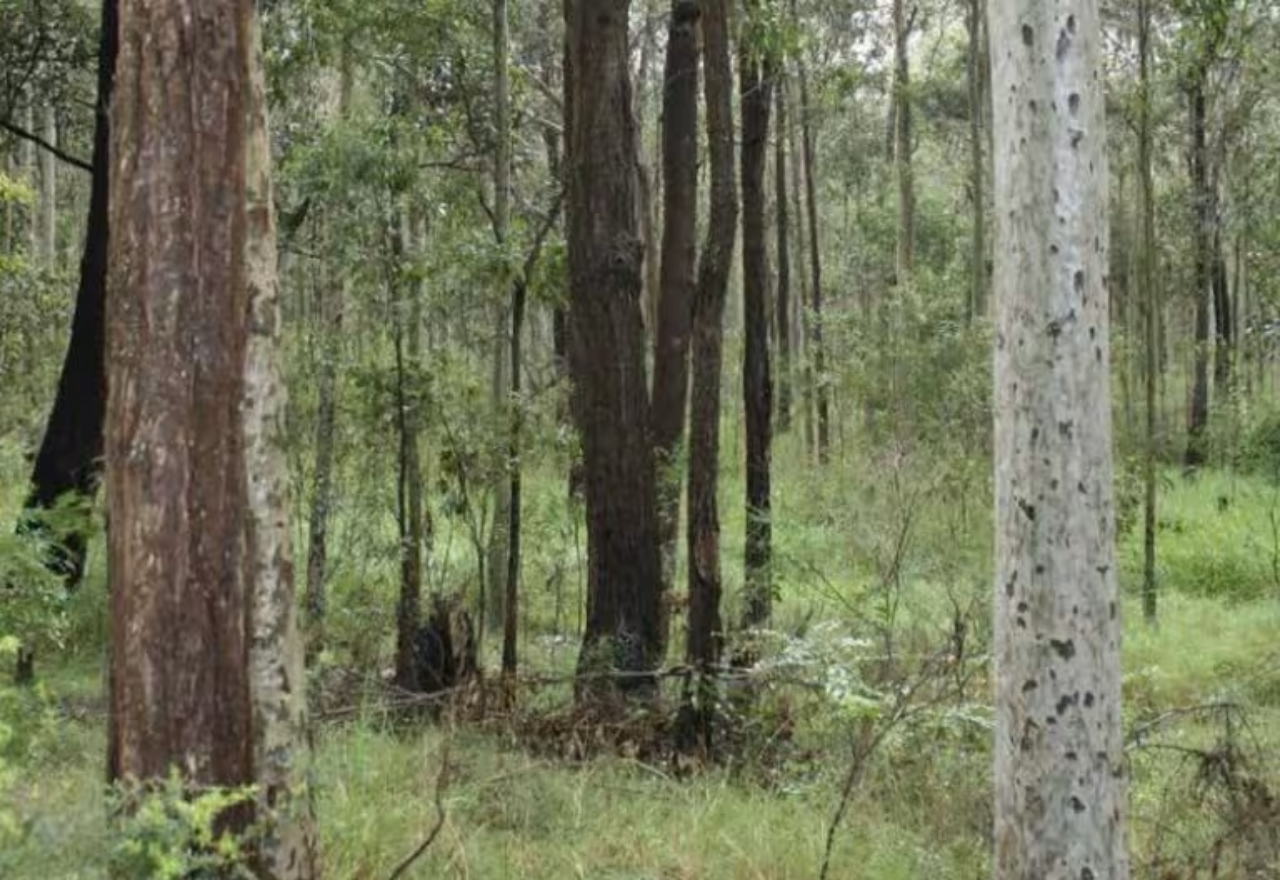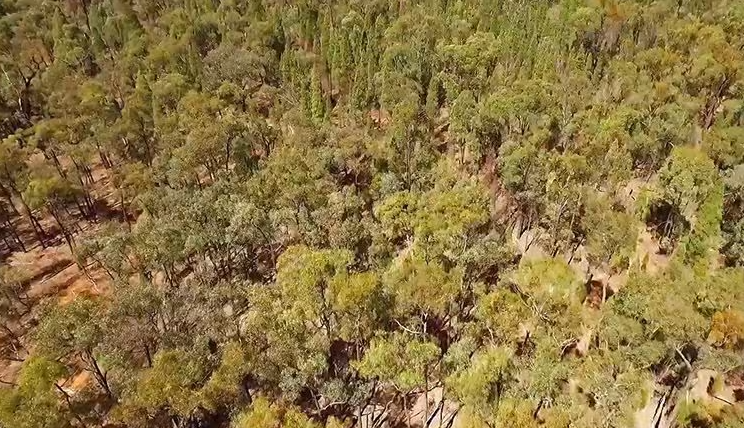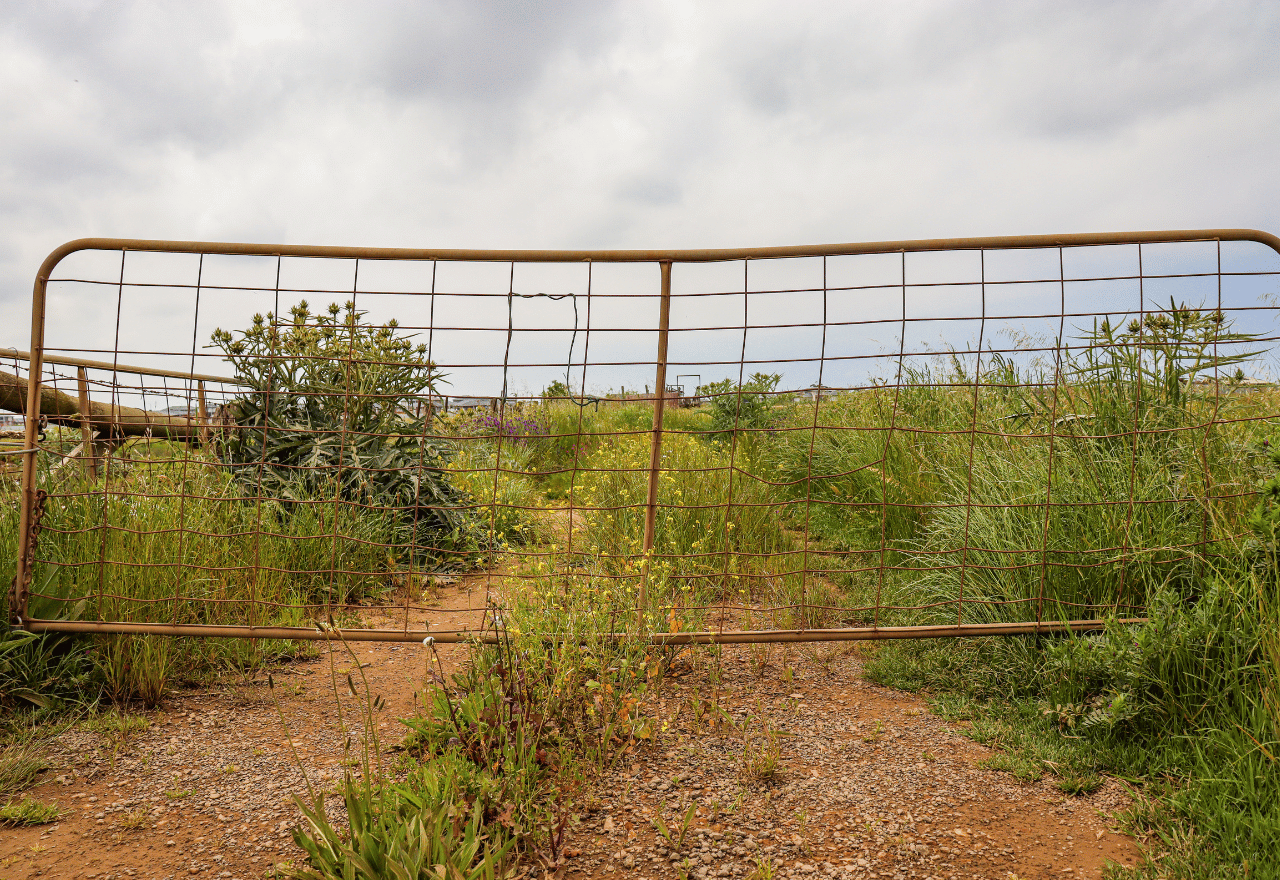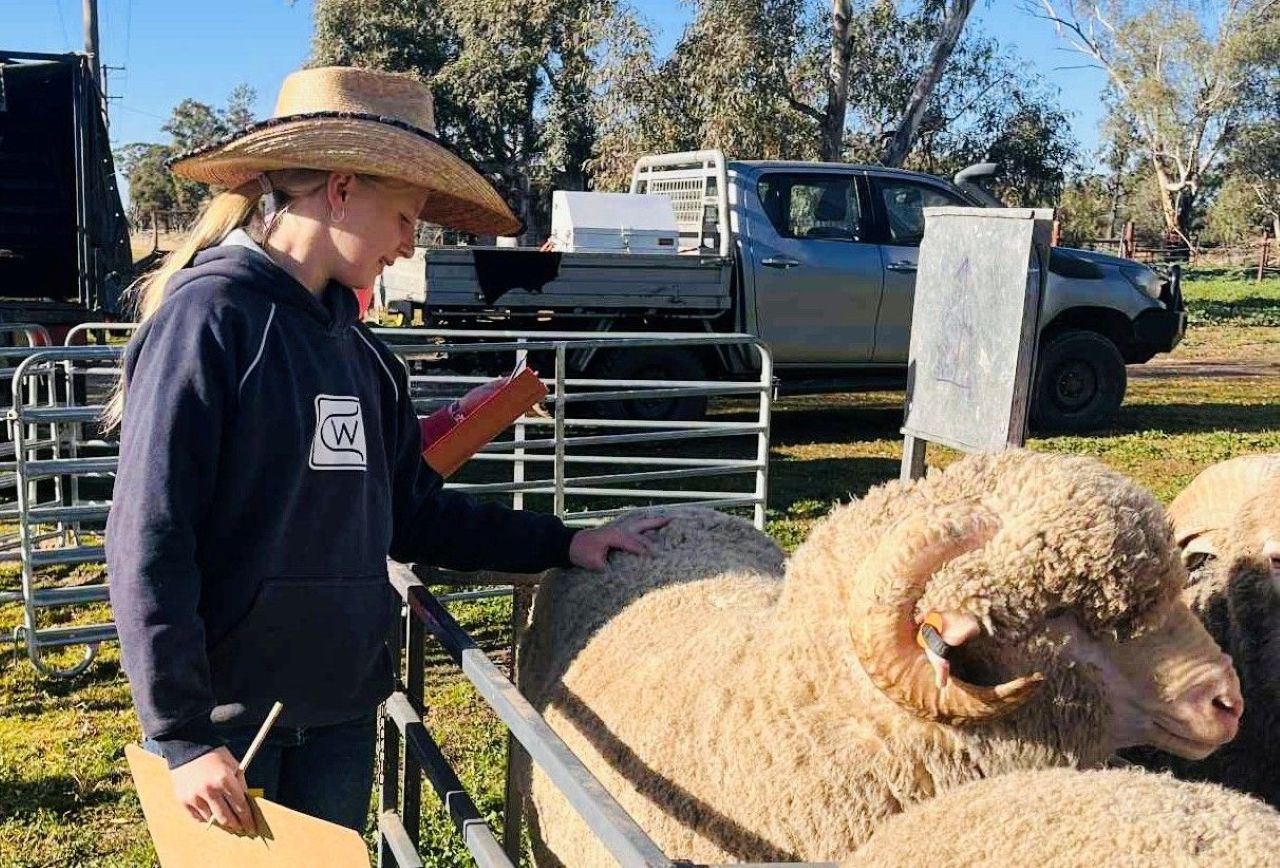Local farmers weigh in on native veg changes
Ainsley Woods
12 July 2025, 9:40 PM

Mention native vegetation management and many jaws tighten, as landholders brace for a new round of rules and regulations that could impact their activities.
The NSW government’s proposed amendments to the Land Management (Native Vegetation) Code 2018 aim to improve environmental outcomes on private rural land.
While these changes promise long-term benefits for the environment, they also bring potential challenges for farmers and landholders.
The government's consultation on the changes began on 6 June and the opportunity to comment through their website was recently extended to 1 August.
The amendments could lead to long-term sustainability by improving land health and enhancing farming productivity in the future.
The latest changes also promise clearer guidelines, to make it easier for farmers to comply with regulations and avoid confusion.
A stronger focus on management of invasive species may help protect crops and reduce the spread of harmful pests, while larger set-aside areas for native vegetation could benefit farming through better biodiversity and natural pollination.
“The proposed amendments to the Land Management Code are refinements of existing settings to ensure that the land management framework maintains the right balance between agricultural production and environmental protection," said a Local Land Services spokesperson.
However, there are concerns.

The requirement for larger set-aside areas risks reducing the amount of arable land available for farming activities, constraining farmers looking to expand or optimise their land use.
The implementation of the new rules may also bring added costs, requiring farmers to invest in new practices or undergo additional monitoring.
Adjusting to the changes could be difficult, especially for farmers who have been following the existing rules for years.
A local Tottenham farmer expressed frustration with the lack of clarity in the draft Native Vegetation Management Plan.
"The language and structure of the document are not accessible to the average landholder, making it challenging to fully understand the practical implications for land use and management”, he commented.
"This lack of clarity, combined with what appears to be an overly regulatory approach, raises serious concerns about how it may limit opportunities to improve land productivity while continuing to care for the environment.”
The amendments are part of the broader NSW Plan for Nature, a government initiative released in 2024 that builds on the reviews of the Biodiversity Conservation Act 2016 and the Local Land Services Act 2013.
The plan outlines a series of steps to protect biodiversity and improve land management practices across the state, with the amended Code playing a key role in this transition.
However, landholders argue that they are dedicated to preserving the land and these changes risk undermining the very practices that have kept the land sustainable.
"When did farmers become the enemy and why are we treated as though we have no care for the future of our land?," asked one western plains farmer.
"We have been here for six generations; my family has cared for the land and handed it down to each generation with a love and passion for Australia and farming.”
While the changes are designed to protect the environment, those likely to be most affected say there is an absence of clear, accessible communication from the government about the changes and are calling for face to face information sessions.

"What's most concerning is the limited and inadequate consultation process," another farmer said.
"It's extremely difficult for landholders to provide thoughtful constructive feedback when there has been so little meaningful engagement."
Farmers who spoke to the Western Plains App say they are left struggling to understand how these amendments will directly affect them, and without the chance for a proper two-way conversation, feel their voices are being overlooked.
The public consultation is open online until 1 August for farmers and the wider community to give their opinions on the proposed amendments.
To read the discussion paper and provide feedback on the proposed amendments click here.



